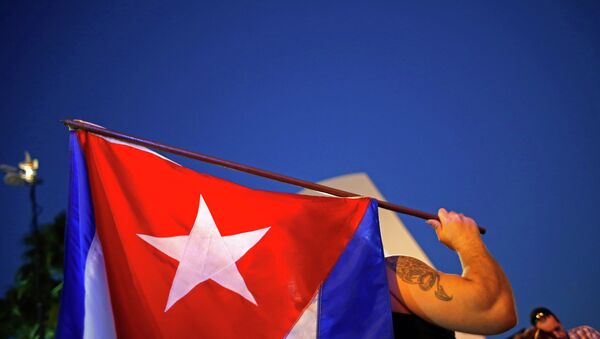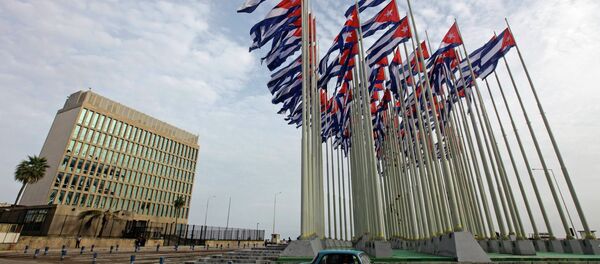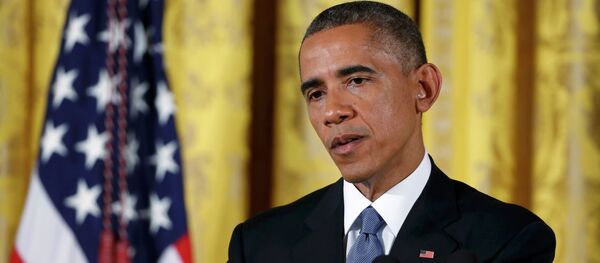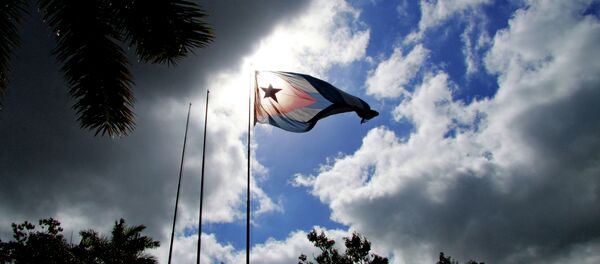“What Obama has done is a series of executive actions that normalize relations, but it is unlikely that you [will] see ambassadors sent to Cuba, or an actual end to [the] embargo,” Miguel Tinker Salas a professor of Latin American history at Pomona College in Claremont, California told Sputnik. “It is a good beginning, it is important to initiate, but I don’t think it is a complete reassessment of the US policy towards Latin America, or the previous actions in the region.”
José Gabilondo, professor at the College of Law of Florida International University, agreed by underlining that it is not clear how the embargo would be changed. He suggested that Obama’s announcement did not specify precise regulatory changes. At the same time he noted that the announcement “signals that Cuba and US are going to follow the normal paths of diplomatic reconciliation.”
Miguel Tinker Salas underlined that the embargo was an issue for Congress. The expert expressed doubts that Congressmen would actually lift the embargo.
“I do not think it is a full reassessment of US-Latin American relations, it closes a page, but the embargo still continues,” Tinker Salas said.
“Over time, a sustained US policy of engagement with Cuba will depend on the political reaction in the US,” Hakim noted.
Relations between the two countries deteriorated following the Cuban revolution of 1959, and the United States introduced an embargo on nearly all imports from Cuba and pushed for a regime change in the island country.





